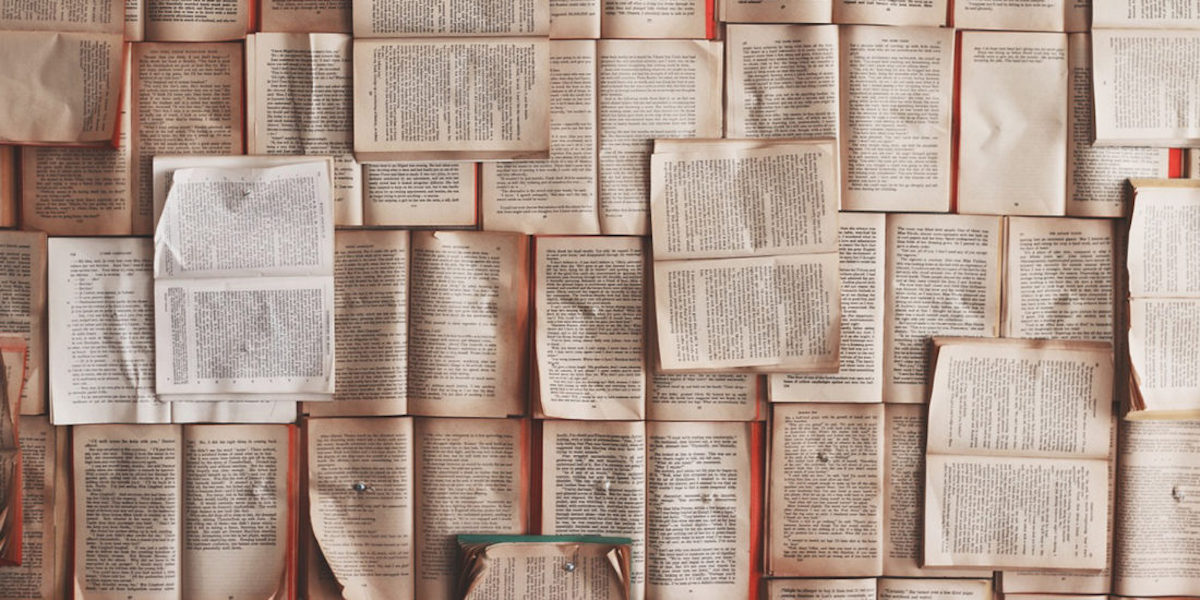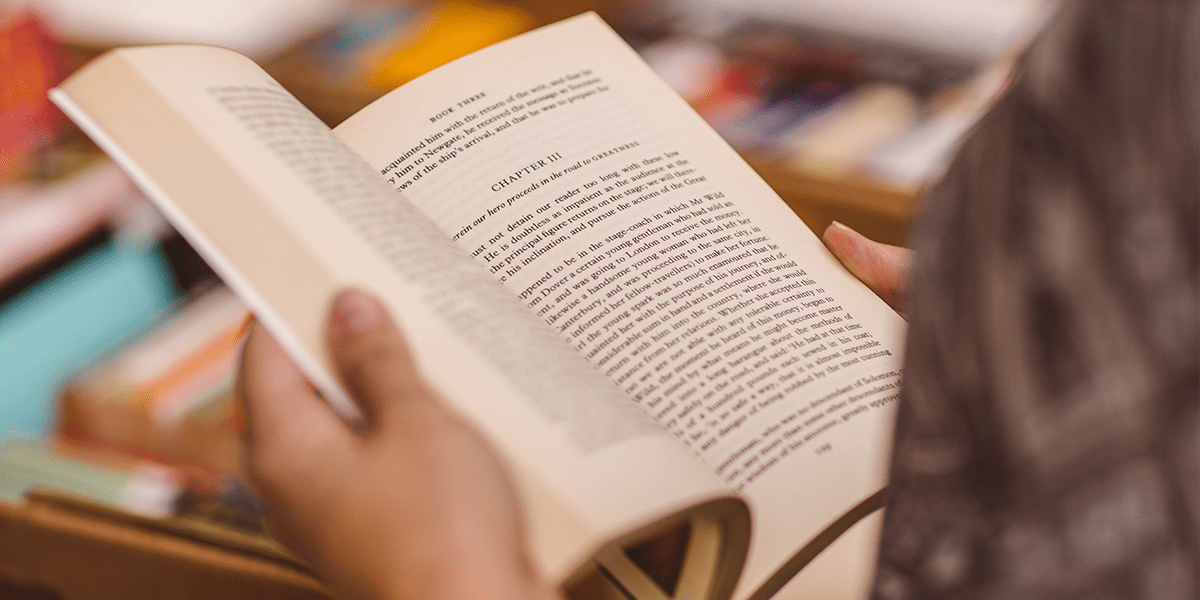From the ancient epics to the contemporary novels, literature has evolved, leaving an indelible mark on human history. The ancient works, like the epic of Gilgamesh, paved the way for the rich tapestry of storytelling that defines our literary landscape today. The Renaissance period witnessed the birth of modern literature, breaking away from traditional norms. In our present era, literature continues to transform, embracing diverse voices and narratives.
Elements of a Great Literary Work
At the core of every exceptional literary work lies a carefully crafted combination of elements. Plot development, characterized by twists and turns, captivates the reader’s imagination. Characters, when well-developed and relatable, create an emotional connection. Themes and symbolism add layers of depth, inviting readers to explore meanings beyond the surface.
Popular Literary Genres
Literature spans various genres, each offering a unique reading experience. From the imaginative realms of fiction to the factual narratives of non-fiction, Written Craft encompasses poetry, drama, and prose. Understanding the distinctions between these genres enriches one’s literary journey.
Impact of Literature on Society
Literature serves as a mirror reflecting the values, norms, and challenges of society. Through narratives, it addresses social issues, stimulates critical thinking, and fosters empathy. The power of Written Craft lies in its ability to inspire change and shape societal perspectives.
How to Appreciate and Analyze Literature
Effective reading goes beyond the words on the page. It involves delving into the layers of meaning, understanding the author’s intent, and appreciating the nuances of language. Discussing Written Craft with others enhances the reading experience, offering diverse perspectives and insights.
Notable Literary Figures and Their Contributions
Throughout history, certain literary figures have left an indelible mark on the literary landscape. From Shakespeare’s timeless plays to the existential reflections of Kafka, each author brings a unique contribution to the world of letters. Influential movements, such as the Romantic era or the Harlem Renaissance, have shaped the course of Written Craft.
The Role of Literature in Education
Literature occupies a significant place in education, fostering critical thinking and analytical skills. Studying Written Craft exposes individuals to diverse cultures, historical contexts, and varied perspectives. It contributes to the holistic development of individuals, nurturing empathy and cultural awareness.
Challenges Faced by Modern Literature
In the digital age, literature faces challenges such as changing reading habits and the prevalence of digital content. Embracing diversity and inclusivity is another hurdle, as Written Craft strives to represent a wide range of voices and experiences.
Writing Your Own Literary Masterpiece
For aspiring writers, the journey from inspiration to publication is both exciting and challenging. Tips for honing your craft, overcoming writer’s block, and navigating the publishing industry can be invaluable. Every writer has a unique voice, and the world is waiting to hear your story.
Literature in the Digital Era
The digital era has brought about a revolution in the way Written Craft is consumed. E-books, audiobooks, and online platforms have expanded access to a global audience. The future holds endless possibilities as Written Craft adapts to the ever-changing technological landscape.

Recommendations for Must-Read Literary Works
Whether you’re a seasoned reader or just starting your literary journey, certain works stand the test of time. From classic literature to contemporary gems, exploring diverse voices and perspectives broadens your understanding of the human experience.
Literature and Emotional Well-being
Beyond entertainment and education, literature offers therapeutic benefits. Reading can be a form of escapism, providing solace during challenging times. Certain genres, like poetry or inspirational Written Craft, have a profound impact on emotional well-being.
Global Perspectives on Literature
Literature transcends borders, offering insights into different cultures and ways of life. Translated works bridge linguistic gaps, allowing readers to experience the beauty of diverse literary traditions. Exploring global Written Craft enriches our understanding of humanity’s shared narratives.
Literature, a tapestry woven with words, transcends geographical boundaries, offering readers a glimpse into diverse cultures and perspectives. In this exploration of “Global Perspectives on Literature,” we delve into the rich tapestry of literary traditions, the challenges in understanding global literature, and the transformative power of stories.
Literature is more than mere words on paper; it is a reflection of the human experience. As we navigate the intricate web of global perspectives on literature, we find ourselves at the crossroads of cultural exchange and profound storytelling.
Diverse Literary Traditions
The world boasts a myriad of literary traditions, each unique in its narrative style, themes, and cultural nuances. From the vivid imagery of African oral traditions to the intricate haikus of Japan, literature is a kaleidoscope of human expression.
Exploration of Major Literary Traditions
Delving into these traditions provides a deeper understanding of the societies that birthed them. The epics of ancient Greece, the romantic poetry of the European Renaissance, and the vibrant narratives of South American magic realism contribute to a global literary mosaic.
Impact of Cultural Influences
Cultural influences shape the lens through which stories are told. An African folktale may convey communal values, while a Russian novel may mirror the harsh realities of its history. These diverse perspectives enrich the global literary landscape.
Cross-Cultural Influences
In the age of globalization, literature serves as a bridge between cultures. Literary works traverse borders, transcending linguistic and geographical limitations.
Globalization’s Role in Literary Exchange
Globalization facilitates the exchange of literary ideas, allowing readers to explore worlds beyond their immediate surroundings. The works of Murakami find homes in Western libraries, and Latin American authors resonate with audiences across continents.
Conclusion
Literature is a dynamic and indispensable part of the human experience. Its evolution through the ages, diverse genres, and profound impact on society showcase its enduring relevance. Whether as a reader or a writer, engaging with literature is a journey of self-discovery and connection with the world.

FAQs
Is literature only about fiction, or does it include other genres as well?
Literature encompasses various genres, including fiction, non-fiction, poetry, drama, and prose. Each genre offers a unique reading experience.
How can literature contribute to societal change?
Written Craft addresses social issues, stimulates critical thinking, and fosters empathy, contributing to a broader understanding of societal challenges.
What challenges does modern literature face in the digital age?
Modern Written Craft faces challenges such as changing reading habits, digital content competition, and the need for increased diversity and inclusivity.
Can literature have a therapeutic effect on emotional well-being?
Yes, Written Craft , particularly genres like poetry and inspirational Written Craft, can have a therapeutic effect by providing comfort and escapism during challenging times.
Any recommendations for must-read literary works for beginners?
Classics like “To Kill a Mockingbird” and contemporary gems like “The Kite Runner” are excellent starting points for readers exploring literature for the first time.
